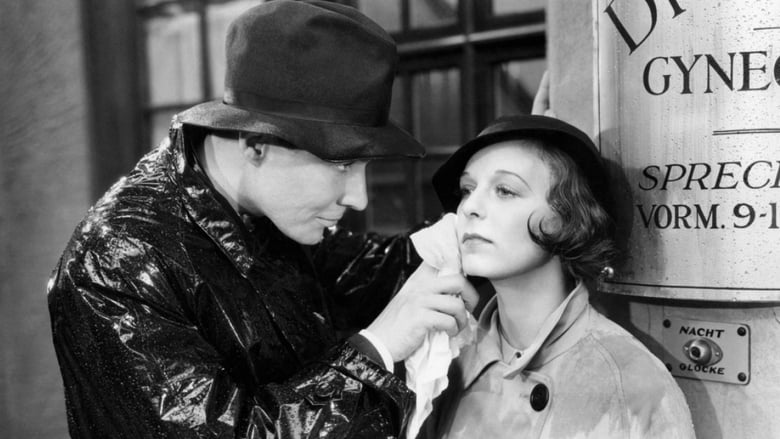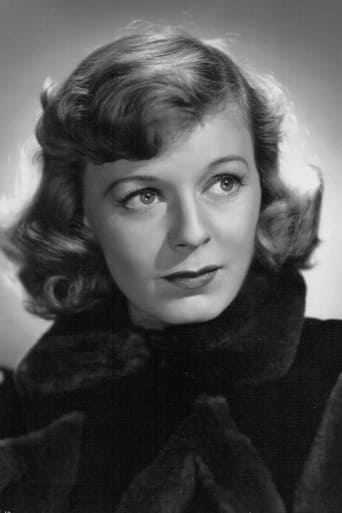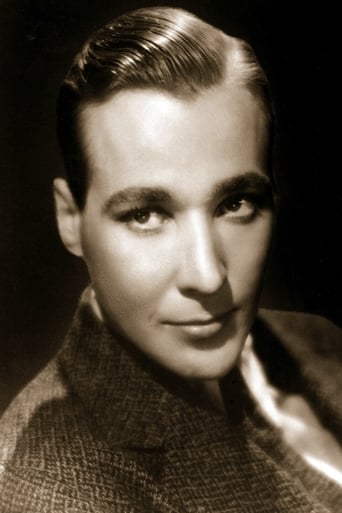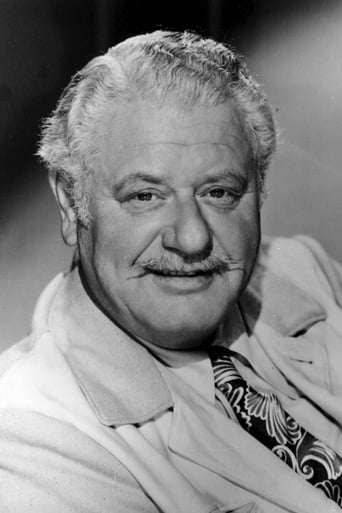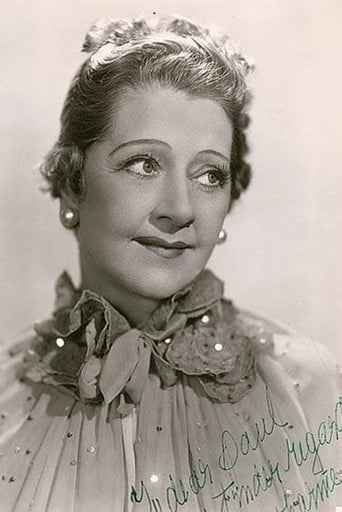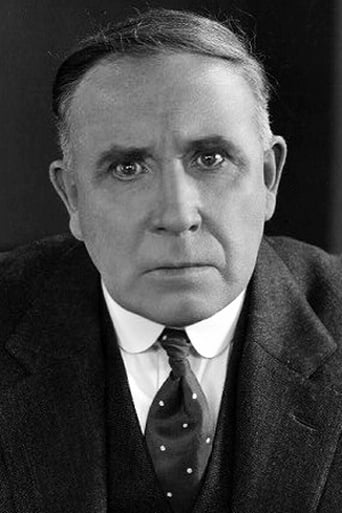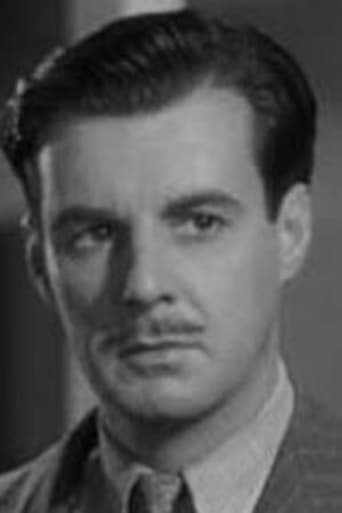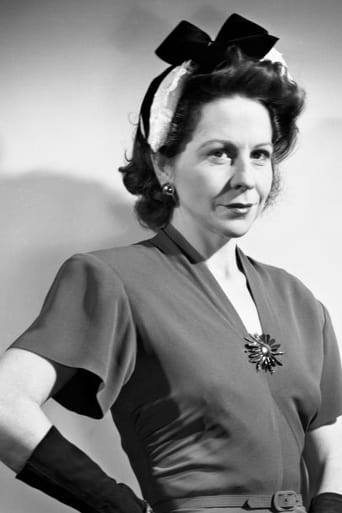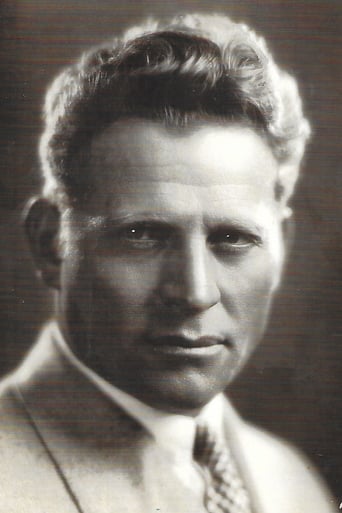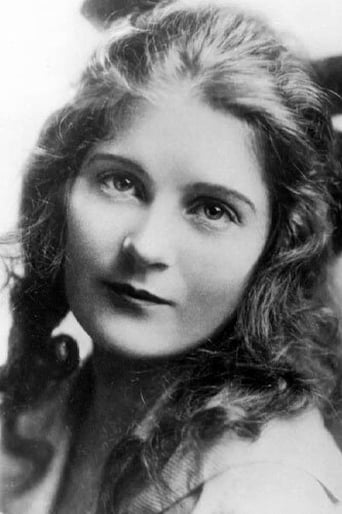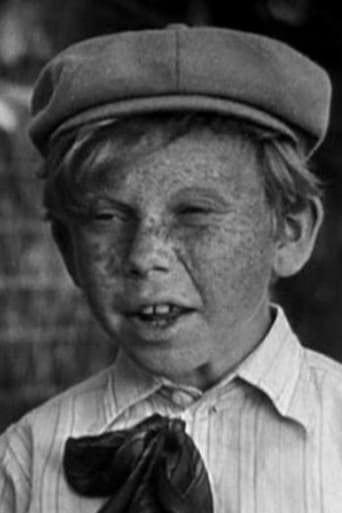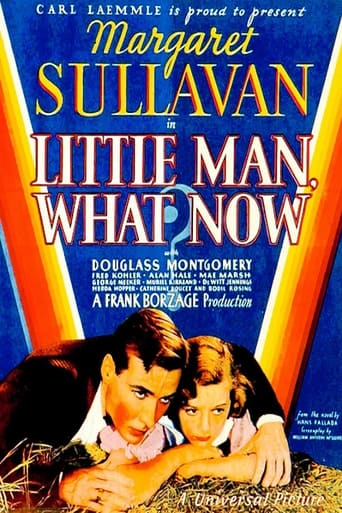
Little Man, What Now?
June. 04,1934 NRA young couple struggling against poverty must keep their marriage a secret in order for the husband to keep his job, as his boss doesn't like to hire married men.
Similar titles


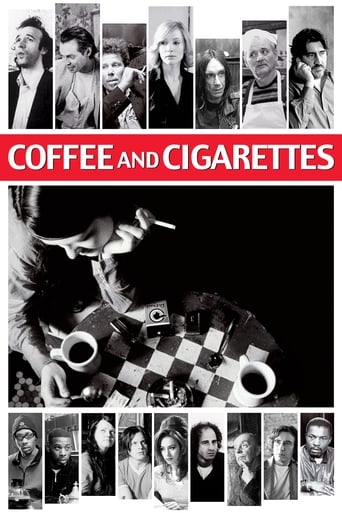




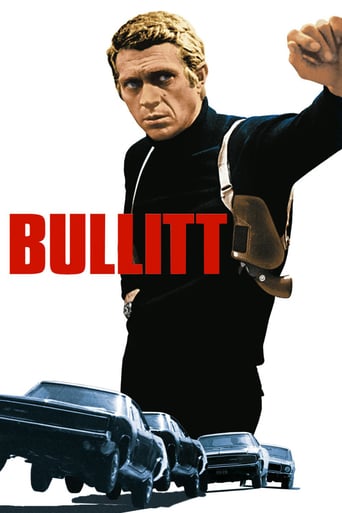
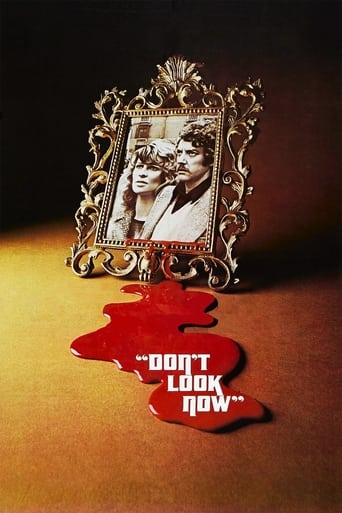
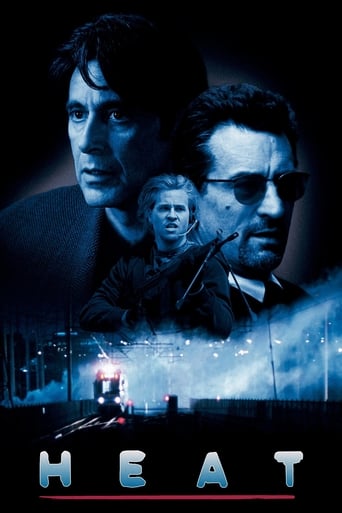
Reviews
This movie is the proof that the world is becoming a sick and dumb place
Fresh and Exciting
Don't listen to the negative reviews
All of these films share one commonality, that being a kind of emotional center that humanizes a cast of monsters.
Full of Borgaze's trademark swoony romanticism mixed with a touch of pre-code decadence. This tale of a struggling young couple also boasts Margaret Sullavan's enchanting sensitive performance, she seems to carry a gossamer glow with her where ever she goes. Alan Hale also adds much to the film as a sprightly good-hearted charlatan but what drags it down almost fatally is Douglass Montgomery in the male lead. To put it plainly, he stinks. He's a stiff blank slate that stops the film dead in its tracks whenever he's the focal point of the scene. You're left to wonder what a more effective actor such as Jimmy Stewart or Cary Grant could have made of the part and how much better the movie would have been because of their casting.
If you know anything about this film, it's that it portrays the circumstances that led to the rise of the Nazis at a surprisingly early point (1934), long before even Borzage became the first filmmaker in Hollywood to take on that subject directly in Three Comrades and The Mortal Storm toward the end of the 30s. Actually, it's clear from the clues we're given that the menace always at the edge of the story is a violent socialist uprising, not a fascist one. (The talk is always of "equality," not of making Germany great again.) But that in no way invalidates the powerful and even subversive thing Borzage does here . Like all of Borzage's most famous late silent and early sound films, it follows a young couple in the early, dazed days of love and sexual infatuation; Lammchen (Margaret Sullavan) and Hans (Douglass Montgomery) are first seen at a doctor's office (the clear implication is that they hurriedly got married because of pregnancy), and though money is tight, and Hans already shows signs of worry which Lammchen refuses to share, they enjoy an idyllic afternoon doing nothing by a forest stream. However, reality soon begins closing in. Hans' boss is a laughing sadist who has hired three single men in hopes that one will marry his daughter; Hans tries to keep his marriage secret to protect his job, but every little betrayal cuts like a knife and the truth is soon out. He and Lammchen go to live with his stepmother in Berlin, but Hans' moral disapproval of her loose lifestyle is obvious, and we figure out long before they do that Jachman is a pimp using the stepmother's spacious apartments (with her connivance) as a brothel. Hans finds work at a department store; but his job hangs by a thread each week and his self- confidence erodes. The lesson of Borzage's great late silents was that love could conquer death (Seventh Heaven), betrayal (Street Angel), disability (Lucky Star), even wind, sleet and snow (The River), a message that only works with booming organ and the dream state of silence. Which is what makes it shocking when Hans gets swept up in the anger and resentment of the soapbox agitator who pops up at different moments in the movie, and he finds himself holding a rock-- or a knife. He doesn't know what we know-- the unspeakable depths to which an ambitious young man's resentment could take him in the years ahead in Hitler's Germany-- but he knows enough to know that of all the ways he could betray Lammchen, the worst would be becoming the sort of man who picks up a knife at a political rally, ready to take out his anger on any convenient target like a policeman... or a religious minority. And in that moment, Borzage acknowledges for the first time that the greatest threat to grandiose, silent movie-sized love isn't some outside adversity, but the danger in your own heart. The biggest drawback to the film is the fact that Douglass Montgomery is one of those handsome, callow young juveniles with excessively clean diction of the early 30s, who don't play at all well with today's audiences. Yet to my mind that works in the context of the film; a real movie star would have reserves of charm which would serve to assure us that everything would be all right, but Montgomery really does seem ordinary and thus the risk-- that he could starve, that he could turn vicious, that he could abandon Lammchen one way or another-- seems real. And despite his limitations, it really is a heartfelt performance, and clearly the high point of Montgomery's promising, but not especially successful, career. The imbalance in the film is that opposite him, in her second film and first of four Borzage roles, is Margaret Sullavan, a 1000-watt bulb whenever she comes on screen. But several sequences involving her take Borzage back to the visual heights of the silent cinema, pushing the dramatic credibility of a realistic talkie but paying huge dividends in establishing a metaphorical mood of dreamlike romance. One is one of the loveliest sequences in all 1930s film: Hans comes home to find Lammchen has run away, he tracks her to a carousel (shades of Liliom), and as she continues to spin out of his reach, distraught and guilty, she pieces together the tale, a sentence at a time-- she'd gone to buy salmon with their last few marks-- but (being pregnant) she was so hungry that she ate her half right there-- and then she ate some of his-- and more of his-- and all of it! Humor and tender forgiveness blend beautifully with a dynamic visual setup to produce one of the most charming and affecting romantic scenes in movie history, a high point in Borzage's late 20s through 1930s streak as the premier poet of young love, in all its gaucheries and foibles, of golden age Hollywood.
Peace and tolerance are the hero's favorite words."Little man what now" was the first part of the trilogy which encompassed "three comrades" and would culminate in "the mortal storm" .The three movies featured the same star (Margaret Sullavan) and depicted life in Germany before WW2."Little man" -although Hitler came to power in January 1933- ,like "Three comrades" ,remains vague as far politics are concerned.But we feel while the heroes pace up up and down the street that there's something in the air (the first pictures).In "three comrades" ,the ending in the graveyard tells us that "they" are in town.And "the mortal storm" connects all the links and is the absolute masterpiece Borzage always threatened to make."Little man" is an overwhelming movie.Lammchen and Hans believe in love ,tolerance and peace and the world they live in is harshness ,selfishness, corruption and contempt.Hans's longing for human warmth is harrowing in the scene with the nurse.With an exception, when Hans is looking for a job,he meets people who enjoy humiliating and demeaning their fellow men."Little man" is full of strong scenes : the stroll in the country where the outside world (the hateful Kleinholz) will not leave the heroes alone; the actor who wants to play the part of a guy who "lives on the wrong side of the town" but who does not show any compassion when he meets one of those guys.Margaret Sullavan on the carousel,confessing she ate all the salmon she bought; on a bench in the park feeding the pigeons .Both Hans and Lammchen display the same naiveté : she really did know that near the pigeons ,there was a man and his wife who were starving.Hans did not know either that his stepmother's parties were very bad things.When the movie ends,there's another little man who,says Lammchen, will be by your side and help you cope with your struggle .Watching "little man" (or any of Borzage's movies) helps you be a better human being.
One of the most heartbreaking, swoon-inducing film experiences I've ever had is 1934's "Little Man, What Now?"It's about a young couple, with a child, struggling against poverty and a steady stream of bad luck in early 1930's Germany. It's an American film, but at times it almost plays like a piece of European cinema. The atmosphere is thick and the story isn't afraid to drift into areas that are a bit dark (and daring in a pre-code sense). It has a sentimental streak for sure, but the sentiment is never turned on at the expense of intelligence.Another stand out quality of the film is it's almost painfully gorgeous cinematography. The world of the film is like a dream or like something from a storybook. Sunlight shines against water and trees and grass with a pristine silvery glow. Faces are shown in the most lovely light. Margaret Sullavan, especially, is shot in a way that practically makes you fall in love with her.This is a true jewel of obscure 1930's cinema, rarely shown and, as of this writing, not available on any home video format. See it the first chance you get. It is a must for the classic movie enthusiast who feels like they've seen everything.
Top Streaming Movies











